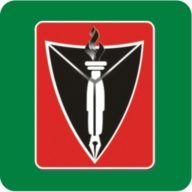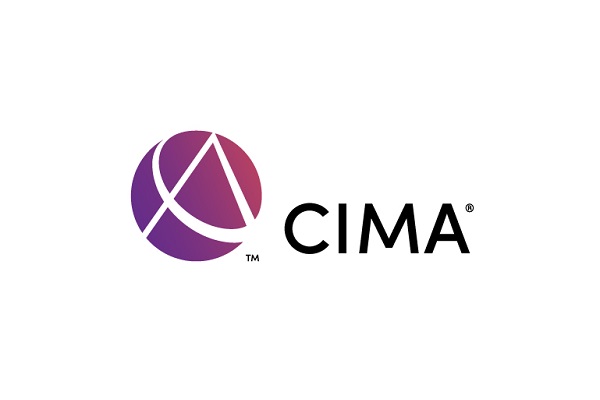• Nwoko committee submits interim report
The Senate yesterday raised concern over crude oil losses estimated at more than $300 billion the nation allegedly incurred through decades of theft, collusion, and poor oversight in the Niger Delta region.
This was contained in the interim report of its Ad Hoc Committee on Crude Oil Theft, chaired by Senator Ned Nwoko (APC, Delta North).
The report, titled: “Interim Report of the Ad Hoc Committee on the Incessant and Nefarious Acts of Crude Oil Theft in the Niger Delta and the Actors,” exposed alleged systemic failures and called for sweeping reforms across the oil and gas sector.
Nwoko said the committee discovered “systemic irregularities, poor measurement standards, and weak enforcement” across the petroleum value chain, factors that have made crude theft a multi-billion-dollar racket.
“Our assessment shows widespread lapses in monitoring, metering, and regulation.
“We have, therefore, recommended strict enforcement of international crude measurement standards at all production sites and export terminals,” he said.
His committee’s 40-page interim report, which outlines urgent recommendations, also urged the Federal Government to deploy modern surveillance technologies, including unmanned aerial vehicles (UAVs), to monitor pipelines and export routes.
Other key proposals in the report include:
“Establishment of a Maritime Trust Fund to strengthen maritime security and inter-agency intelligence sharing;
“Creation of special courts for the speedy prosecution of crude oil theft cases;
“Full implementation of the Host Communities Development Trust Fund under the Petroleum Industry Act (PIA); and
“Immediate handover of abandoned wells to the Nigerian Upstream Petroleum Regulatory Commission (NUPRC) for effective management.”
In their contributions, the senators raised red flags over the recovery plan.
Senator Abdul Ningi (PDP, Bauchi Central) lauded the committee’s efforts but cautioned that the recovery of stolen funds falls outside the Senate’s constitutional purview.
“We can trace and document the losses, but recovery is for agencies like the Economic and Financial Crimes Commission (EFCC) or the Independent Corrupt Practices and other related offences Commission (ICPC). The committee should provide detailed figures, company names, and locations,” he said.
Ningi alluded to a consultant’s data that pointed to $81 billion in lost revenue between 2016 and 2017, and another $200 billion unaccounted for from 2015 to date.
The Chairman of the Appropriations Committee, Senator Solomon Adeola, agreed, stating: “The Senate’s duty is to expose wrongdoing, not recover funds.”
Senator Ibrahim Dankwambo (PDP, Gombe North) suggested that the final report should identify all “actors” involved in the theft network.
“The title includes ‘the actors,’ and we must name them: the companies, the individuals, and illegal refinery operators. We need well-by-well and rig-by-rig data,” he said.
Senator Enyinnaya Abaribe (APGA, Abia South) urged caution, reminding his colleagues that the report remained an interim submission pending the final verification.
Senate President Godswill Akpabio applauded the committee’s “courageous and painstaking work” but agreed that recovery actions belong to executive agencies.
“Our job is to track and trace. Recovery is the responsibility of the appropriate authorities.
“However, the estimated $300 billion loss is staggering, and the Senate will insist on full accountability,” Akpabio said.
The Senate President directed the Nwoko committee to continue its work and return with a comprehensive final report detailing named actors, specific loss figures, and actionable steps.



